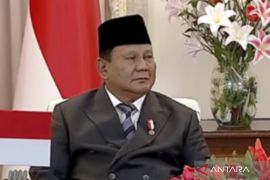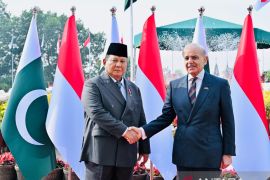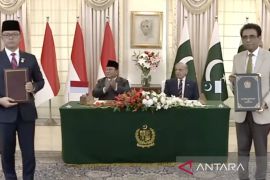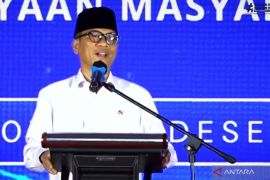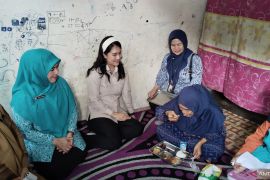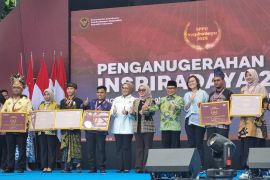"The nations key interest is to protect the Indonesian people, so that in this case, safeguarding children from the dangers of cigarettes must be given priority," GM-FCTA spokesman Margianta Surahman noted in a press release here on Wednesday.
Gian, as Margianta is popularly called, said accession to the World Health Organization Framework Convention on Tobacco Control (WHO FCTC) is a commitment made by the government of a country to protect the future of its healthier and more productive people.
According to Gian, the accession to the FCTC has the ultimate goal of serving the nations interests, not only in terms of protecting the peoples health but also driving economic growth.
"Therefore, we, the younger generation of Indonesia, are still waiting for President Jokowi, as the vanguard for the protection of people, to take part and make a commitment to undertake efforts to curb the use of tobacco," he emphasized.
At a limited meeting on the FCTC on Tuesday, President Jokowi reminded his minister of the importance of prioritizing the nations interests and to evaluate various aspects before reaching a decision.
With regard to accession to the FCTC, the president said Indonesia was not willing to merely follow the trend, but it should really take into account the nations interests, particularly with regard to the the health of citizens to safeguard the younger generations in future.
Earlier, Indonesian Minister for Woman Empowerment and Child Protection Yohana Yambise had expressed concern over the increase in the number of child smokers in the country.
"A total of 54 percent of Indonesian children are now smokers," she remarked after a limited cabinet meeting on the FCTC led by President Joko Widodo on Tuesday.
Yambise has vowed to wean away children and women from smoking as it could cause lung cancer, miscarriage, cervical cancer, and heart problems.
The minister urged to put in place a special rule to save people, especially women and children, from the harmful habit of cigarette smoking.
"We already have Presidential Regulation Number 109 of 2012 that bans children from smoking, but shops still sell cigarettes to them. A tighter regulation is needed. In other countries, cigarettes can only be sold at shopping malls," she stated.
Yambise appealed to issue a regulation necessitating cigarette buyers to present their IDs to prove they are at least 18 years of age or above.
"The regulation must be in the form of a bylaw. Sanctions must be imposed against those selling cigarettes to children," she added.
President Widodo told Minister Yohana that the issue would be discussed further in the next meeting.
"Not everyone can be allowed to buy cigarettes, especially children. Parents must also face some punitive measures if they allow their children to smoke," she stressed.(*)
Editor: Heru Purwanto
Copyright © ANTARA 2016
